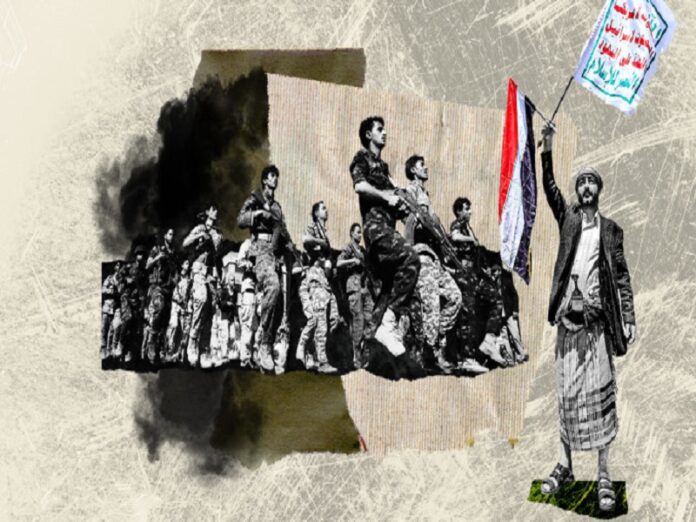The Houthis shocked Israel by penetrating several layers of air defense systems to successfully strike Ben Gurion Airport on Sunday morning. They then threatened to impose an air blockade on Israel by repeatedly targeting its airports, while Israel promised a sevenfold response against the Yemeni rebels. The problem for Israel though is that it’s unlikely to achieve what the US itself couldn’t over nearly the past 18 months of it bombing the Houthis in an attempt to end to their blockade of the Red Sea.
About that, the group announced at the time that this is in solidarity with the Palestinians and won’t be lifted until after the Israeli military operation in Gaza ends, which the Houthis consider to be a genocide. Prior missile attacks against Israel were a nuisance but hadn’t posed a serious national security threat till now. The fact that the Houthis are expanding their naval blockade to include a threatened air blockade of Israel also serves to powerfully defy the Trump Administration’s intensified bombing campaign.
Three reasons account for why the US and Israel are struggling to defeat the Houthis: 1) the partial blockade on Yemen has failed to stop the import of (Iranian?) missile technology; 2) Saudi Arabia won’t intercept Houthi missiles fired towards Israel due to their lack of mutual recognition and fears of reigniting the hottest phase of this decade-long conflict; and 3) nobody – neither the US, Israel, Saudi Arabia, the UAE, nor the last two’s local Yemeni allies – is considering a ground invasion of North Yemen.
Tightening the partial blockade on Yemen could worsen its famine, dangerously place more foreign naval assets in range of Houthi missiles, and risk provoking the group into attacking Saudi Arabia and/or the UAE (whether their energy, military, and/or civilian targets) out of desperation. The preceding point also accounts for why Saudi Arabia won’t help Israel intercept Houthi missiles. As for the last reason, it would entail enormous physical costs that nobody wants to risk, thus perpetuating this dilemma.
If nothing changes, then even if the Houthis lifted their naval blockade of the Red Sea and threatened air blockade of Israel upon Israel ending its military operation in Gaza and the international community de facto accepting their indefinite control over North Yemen, the military threat will remain. Not only that, but it’ll grow due to the Houthis’ predictably continued import of missile technology and the hardening of their mountainous defenses, thus giving them hitherto unthinkable leverage over their enemies.
Such an outcome would revolutionize regional affairs. It can only realistically be averted by the Houthis’ enemies collectively shouldering and thus more fairly sharing the immense costs of doing what’s needed to defeat them, which is in all of their interests, but the “prisoner’s dilemma” prevents them from doing so. Neither trusts the other enough, nor are they comfortable accepting even the comparatively more equally dispersed damage that the Houthis could inflict on each of them, which is why it’s unlikely.
Accordingly, so long as the US, Israel, Saudi Arabia, the UAE, and the last two’s local Yemeni allies prioritize their self-interests over their shared ones, the scenario of Houthi-controlled North Yemen becoming a regional power is a fait accompli. All the aforementioned would therefore have to accept a future where Houthi missiles are held over their heads like a Damocles’ sword. If that doesn’t soon spur them into collective action, then nothing will, and they’ll just have to adapt to this new strategic reality.
